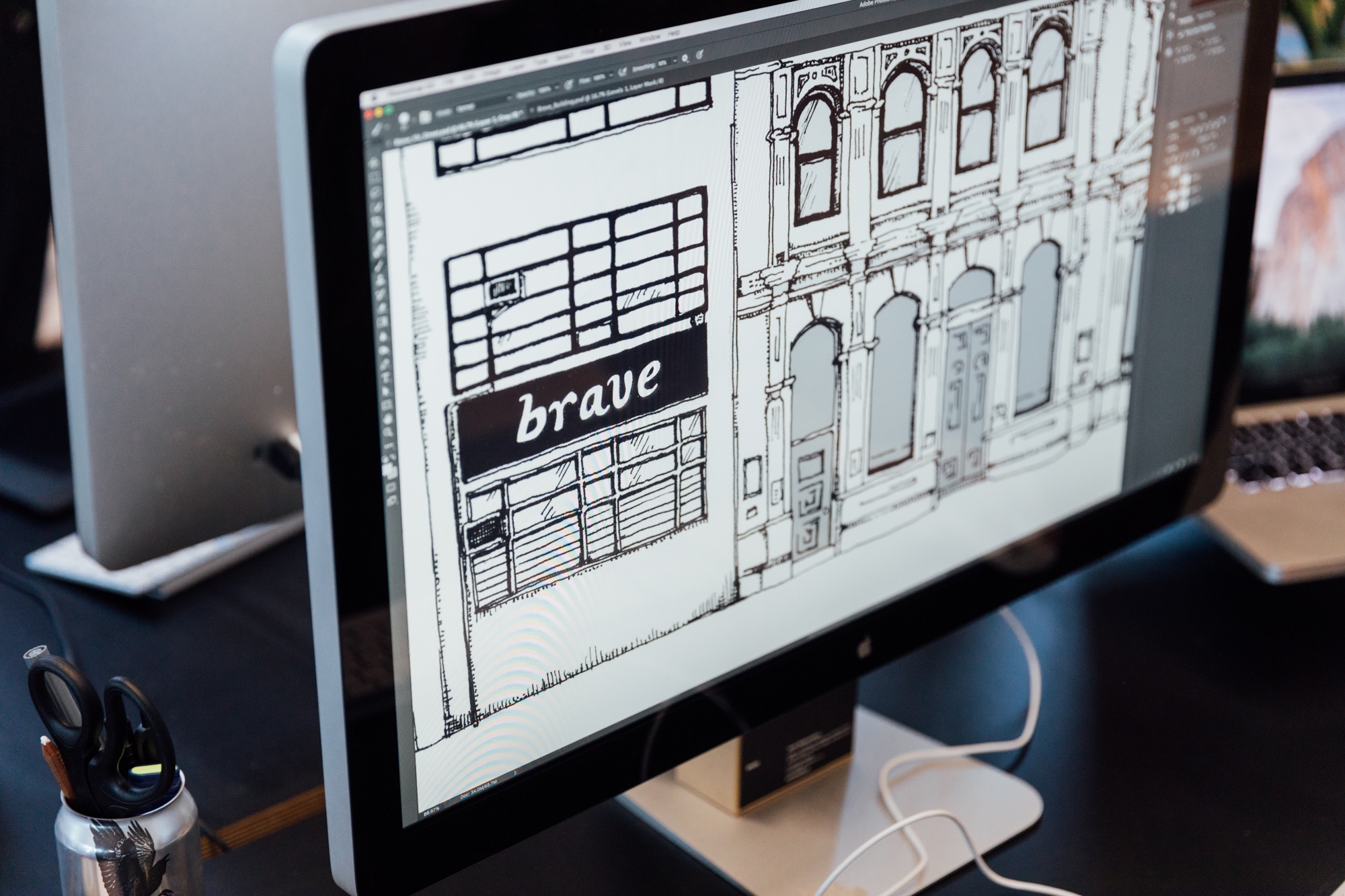In 1979 Michael Aldrich invented the first transaction processing computer. When the internet became a public resource in 1991, the ability to buy and sell online soon followed. Online bookstore Amazon sold their first book in 1995, an ecommerce site now worth over a trillion dollars. We decided to look at the history of ecommerce and the future of online sales.
1995 marked a pivotal year in the history of ecommerce and the World Wide Web. Jeff Bezos and Pierre Omidyar founded Amazon and eBay, two of the world’s largest electronic commerce platforms. It signalled a huge shift in how consumers could access goods and services. All through a web browser at the click of a button.
By 1996, close to 40 million people had internet access. In 1998 PayPal and other payment solutions were introduced soon after. The internet fast became a growing online transaction powerhouse.
By 2000, online shoppers were generating revenues of $25 billion through transactions in the U.S alone. But what about digital content? With the launch of iTunes by Apple in 2003, digital content was more available than ever. iTunes took the music world by storm, giving people access to music and digital content online.
By the end of the decade, major social media platforms like Facebook and Instagram were up and running. This changed the way consumers interact with brands, online retailers and searched for goods and services through mobile commerce.
In 2019, ecommerce is booming. Advances in technology have given consumers instant access to the internet through mobile, able to make an online purchase with ease.
This has seen a rise in online shopping sales and in the proportion of retail sales made online.
Where an ecommerce platform was seen as complementary, it is now essential. Small businesses and major brands all competing for space and sales in a booming global marketplace.
Social selling and influencers have transformed the way brands market and sell online. With major social apps like Instagram rolling out in-app purchasing through your mobile device, the online purchase process is becoming even easier.
The future of ecommerce is even more exciting. As giants like commerce site Amazon Prime attempt to automate purchases, we’re seeing a shift towards tailored online purchasing.
Consumers can request purchases through voice assistant Alexa and have these arrive in just hours.
Big data means brands know your preferences, placing these products in your view through targeted advertising. With VR and AR already being used to allow engaging digital shopping experiences, the evolution of ecommerce will only continue.
We pride ourselves on giving our clients access to beautiful ecommerce sites that cut through the noise and drive sales. If you’re looking to grow your business and evolve your ecommerce presence, give us a call.










